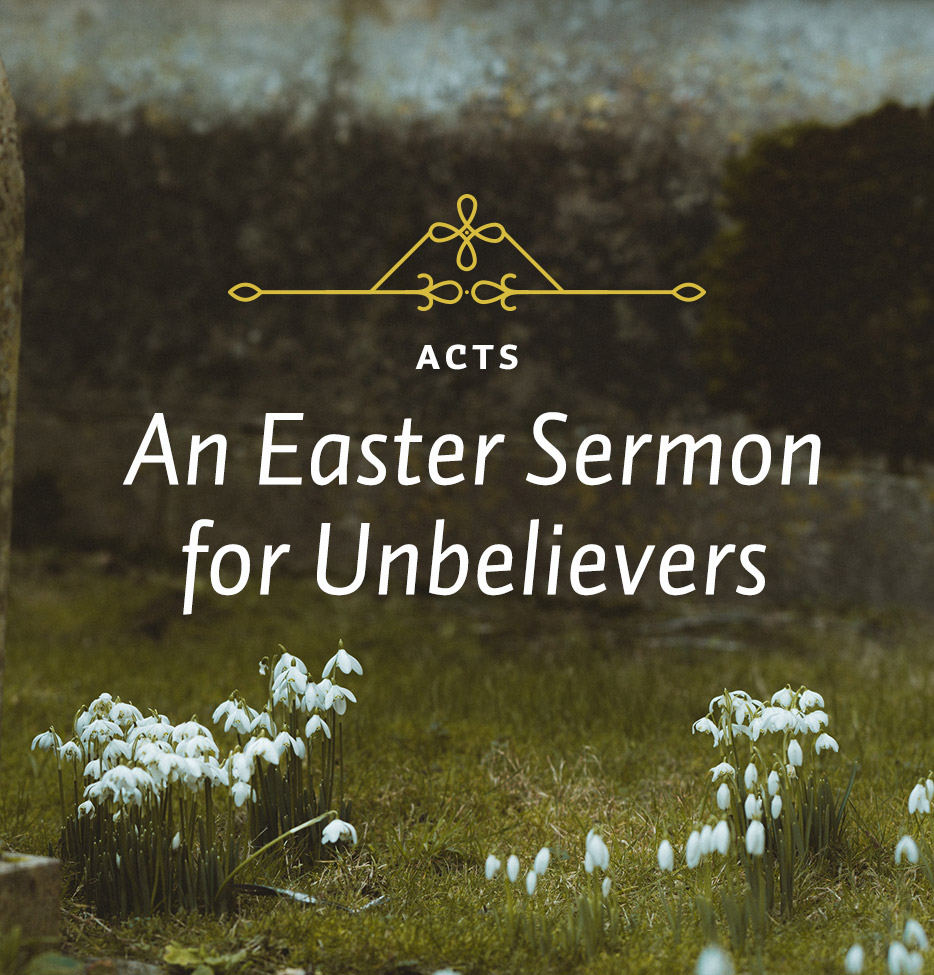There are various ways Christians think about the resurrection of Jesus Christ, which is right since the Bible itself presents Christ’s resurrection in these lights. The resurrection is evidence that God has accepted Jesus’ sacrifice for sin on our behalf, for instance. Paul was thinking about this in Romans when he wrote that Jesus “was delivered over to death for our sins and was raised to life for our justification” (Rom. 4:25).
Reuben A. Torrey prepared an address for businessmen called “What the Resurrection of Jesus from the Dead Proves” in which he listed seven of the Lord’s most important teachings: 1) that there is a God, and that the God of the Bible is the true God; 2) that Jesus is a teacher sent from God, who received His message from God, that He was absolutely inerrant, and that He spoke the very words of God; 3) that Jesus is the Son of God; 4) that there is a judgment day coming; 5) that every believer in Christ is justified from all things; 6) that all who are united to Christ by a living faith shall live again; and 7) that it is the believer’s privilege to have constant victory over sin.1
Most of these truths are greatly valued by believers and are the truths usually addressed at Easter services. But we live in a neo-pagan age, and it is not unprofitable to think about a resurrection doctrine that is directly related to those who are not yet Christians. It is the doctrine of the final judgment, which Paul says is proved by the fact that God raised Jesus from the dead. Paul told the philosophers at Athens that God “has set a day when he will judge the world with justice by the man he has appointed” and that “he has given proof of this to all men by raising him [that is, Jesus] from the dead” (Acts 17:31).
When Paul reached Athens in the first century of our era the city was in what New Zealand Bible teacher and commentator E. M. Blaiklock called the “late afternoon of her glory.”2 At its peak, this earlier age was an age of literature. The great Greek plays were written during this period. It was an age of philosophy, of Socrates and Plato. It was an age of magnificent art led by the sculptor Praxiteles.
Yet this great Golden Age rapidly passed away. The Athenians got into a disastrous twenty-seven-year-long war with Sparta that destroyed much of Greek civilization, and Athens never again regained her former glory. She remained an intellectual center, but the later philosophers and artists were pale imitators of the bright lights of the past.
1R. A. Torrey, The Bible and Its Christ: Being Noonday Talks with Business Men on Faith and Unbelief (New York: Revell, 1904-1906), 101-111.
2E. M. Blaiklock, The Acts of the Apostles (Grand Rapids, MI: Eerdmans, 1963), 132.






